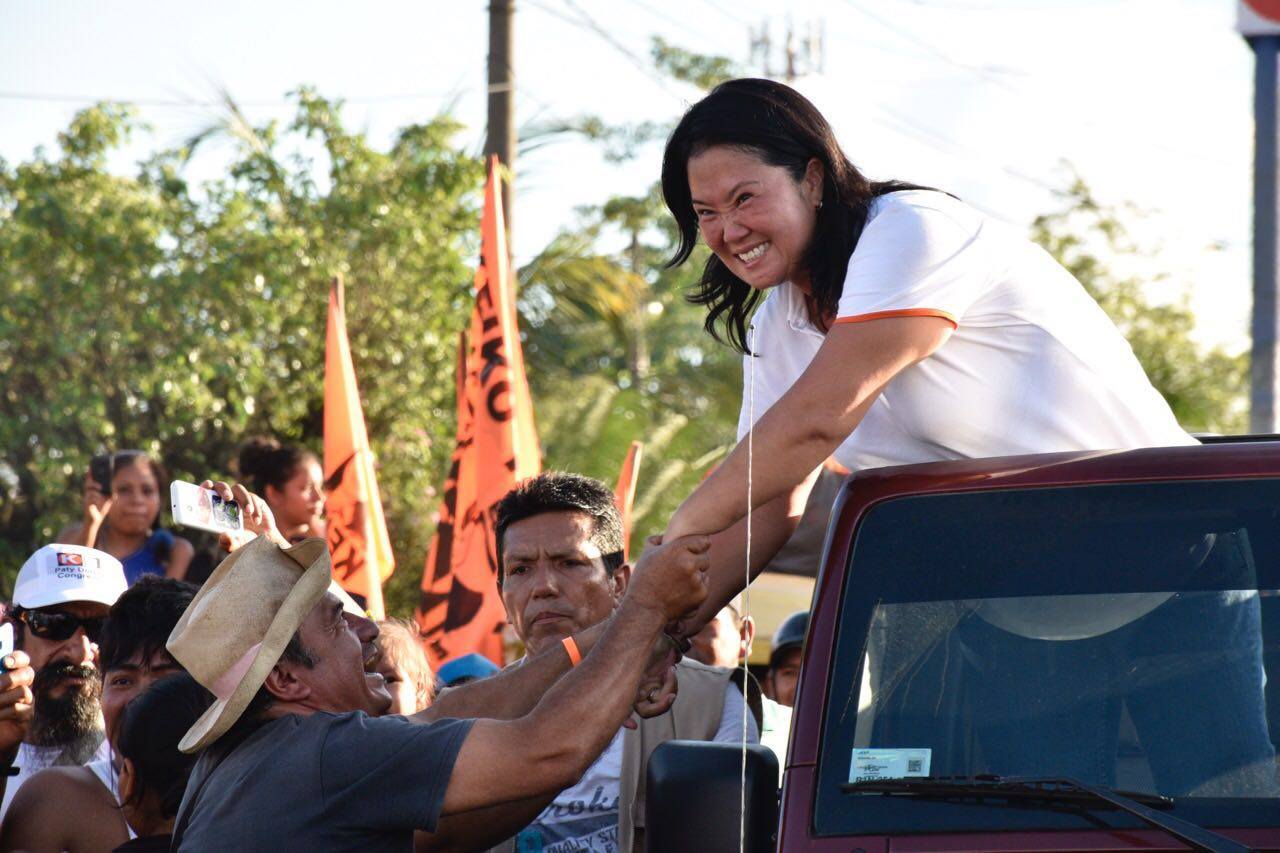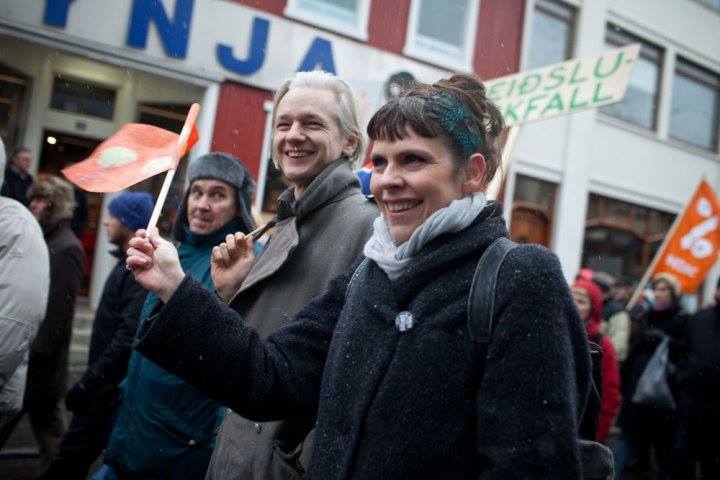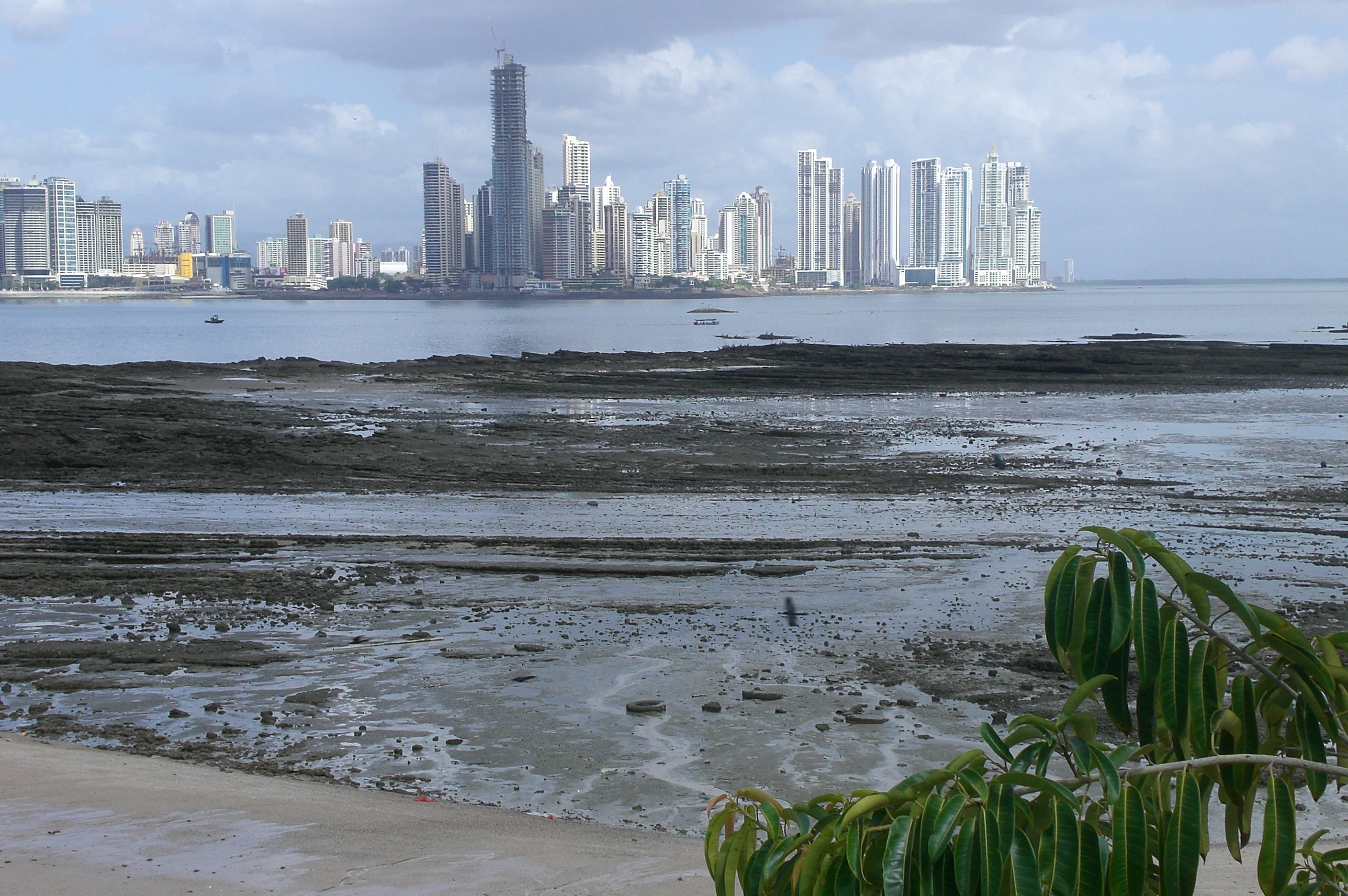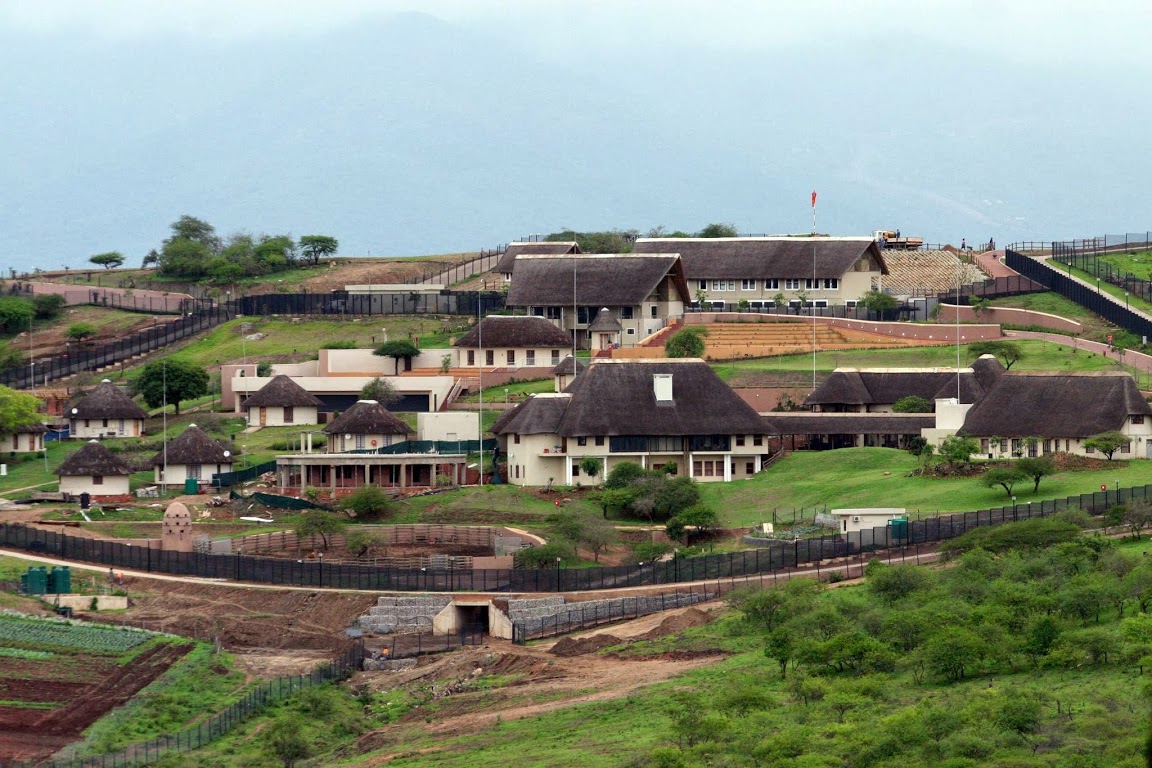
In 2011, Peruvian author Mario Vargas Llosa famously compared the choice his country’s electorate faced as a choice between AIDS and cancer.![]()
Five years later, one of those choices from that election, Keiko Fujimori, the daughter of Peru’s former authoritarian president (now serving in prison for corruption), now leads the country’s April 10 vote by double digits. Ollanta Humala, who defeated Fujimori five years ago, once feared as a militarist left-wing firebrand and a chavismo sympathizer, is leaving office widely derived and haunted by corruption, even after hewing to a middle-road path.
Though Humala will step down with as poor of an approval rating as his most recent predecessors, the biggest surprise of his presidency is that he ultimately chose to follow a center-right, business-friendly path in line with the past two decades of Peruvian governance. Humala will leave office, to the dismay of his one-time left-wing supporters, as a defender of neoliberal economics who stood, often with the force of Peru’s military, against striking workers and miners across the country. Though Humala himself is a former army officer, he failed to contain the growth of Sendero Luminoso (Shining Path), a Maoist guerrilla operation that’s made modest gains in southern Peru over Humala’s administration, despite its near eradication a generation ago.
As of February, Humala has also been implicated in Brazil’s widening corruption inquiry, amid allegations from Brazilian police that Humala may have taken bribes from Odebrecht, a Brazilian construction firm. His wife, Nadine Heredia, who once harbored ambitions of succeeding Humala herself, is also under investigation for corruption.
It’s no wonder that, once again, in an election year, Peruvians are looking for a change.
A referendum on a father’s complex legacy
Fujimori, for her part, has positioned herself well since the last election. The frontrunner to win Sunday’s presidential, she is nevertheless unlikely to secure the presidency outright. More likely, Fujimori will face the second-placed candidate in a June 5 runoff.
Still, the prospect of an easy double-digit win for Fujimori spawned a wave of popular protest across the country this week, a sign of the tumult that might follow in the two-month runoff campaign as anti-Fujimori forces coalesce behind a single challenger. Nearly 30,000 flooded the streets of Lima, Peru’s capital, earlier this week in opposition to her candidacy. Protesters worry that a Fujimori victory (either now or in June) will restore the same authoritarianism and corruption that marked the decade of rule under her father, Alberto Fujimori, between 1990 and 2000.
Despite Keiko’s best efforts, the June runoff is likely to become a referendum on her father’s legacy.
Continue reading Fujimori’s daughter leads as Peru faces June presidential runoff



